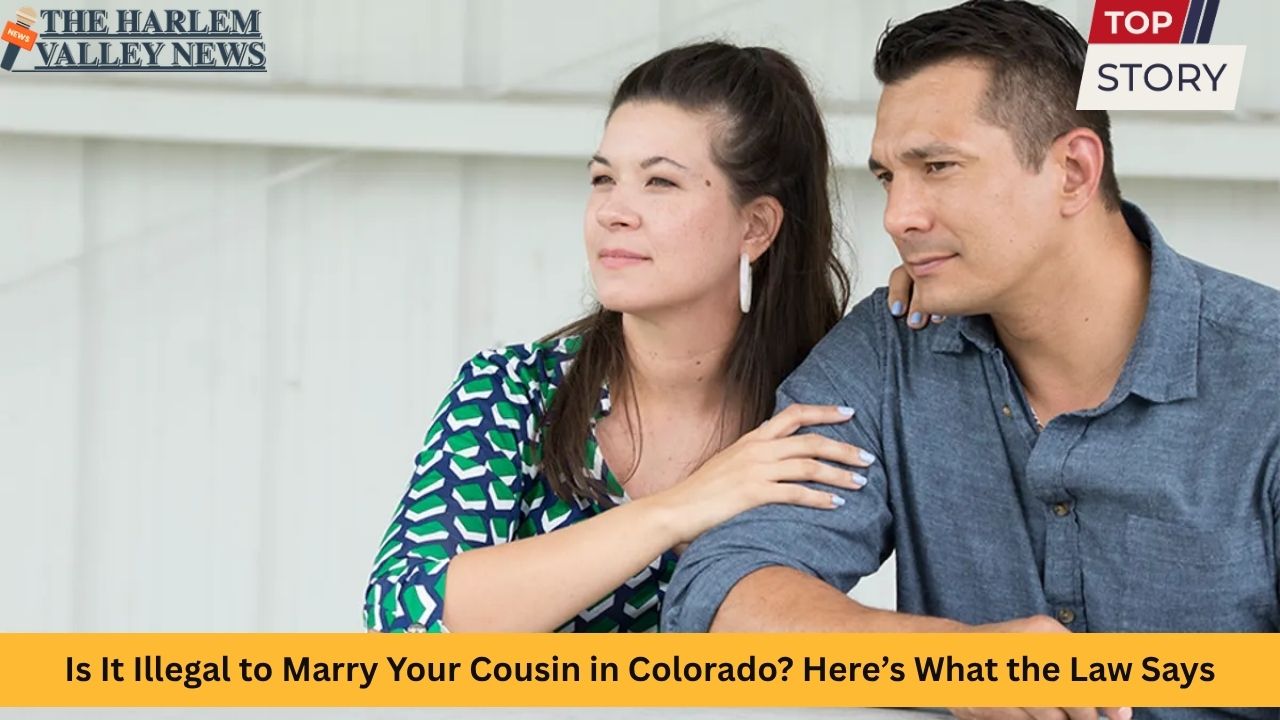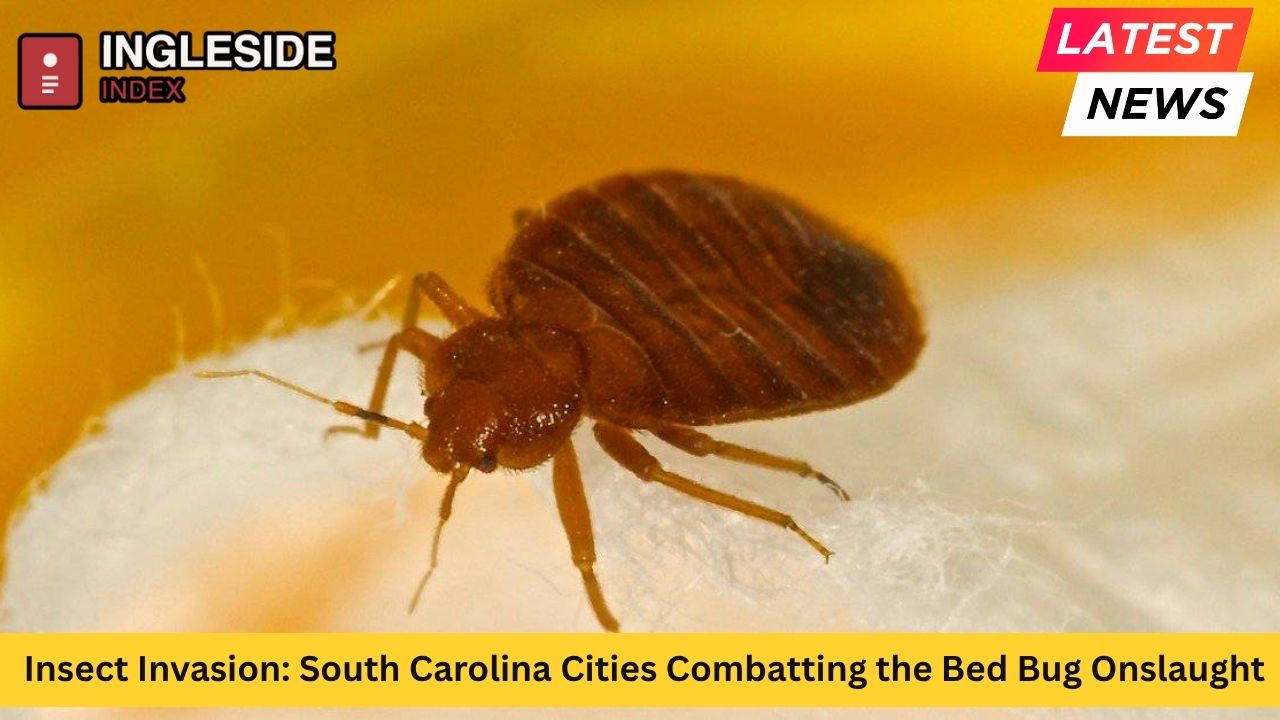Understanding marriage laws can be complex and varies significantly from state to state across the United States. One of the most debated and misunderstood aspects includes whether it’s legal to marry a cousin. In the state of Colorado, this question is especially relevant for residents and anyone considering making the Centennial State their home. Let’s explore what the law says, the background behind cousin marriage, city-specific nuances, societal views, and some important facts and statistics you should know before making this important decision.
The Legal Landscape of Cousin Marriage in Colorado
Colorado has a straightforward approach when it comes to marriages between cousins. The law clearly permits first cousins to marry. There are no restrictions on such unions in terms of age, fertility status, or requirement for genetic counseling that you might find in other states. This means, for example, two first cousins in Denver, Colorado Springs, or Fort Collins can legally apply for a marriage license and go through the standard marital process just like any other couple.
Cities like Boulder, Aurora, and Grand Junction all follow state law, so there’s consistency throughout Colorado. Whether you visit a county clerk’s office in Weld County, Pueblo, or the popular ski destinations like Aspen or Vail, you’ll find that officials recognize marriage between cousins as entirely legal. While other close intrafamily marriages—such as those between siblings, an uncle and niece, or aunt and nephew—are explicitly banned, first cousin marriage faces no such prohibition.
A Look at National and Global Context
The topic of cousin marriage is not unique to Colorado or even the wider United States. The U.S. is one of the few developed nations with a patchwork of laws regarding cousin marriage—with about half of the states permitting some form of marriage between first cousins, while others either ban it outright or impose restrictions. States like California and New York allow first cousin marriage without restriction, just like Colorado. On the other hand, states such as Texas and Kentucky ban first cousin marriages entirely.
Worldwide, cousin marriage is common in many regions. Cultural and religious traditions in parts of the Middle East, North Africa, and South Asia support such unions far more frequently than is seen in the U.S. In contrast, European countries generally allow cousin marriages, but societal acceptance varies.
Statistics and Facts: How Common is Cousin Marriage?
Despite its legality in Colorado, marriages between first cousins are relatively rare throughout the United States. National data suggests that fewer than 0.2% of marriages are between cousins, and that rate is similar—if not lower—in cities like Denver, Boulder, and Colorado Springs. Among certain communities, cousin marriages are more traditional, especially where religious or cultural factors are at play. However, the general population in Colorado chooses such unions infrequently.
There are no specific statistics published by the Colorado Department of Public Health & Environment regarding cousin marriages. However, anecdotal evidence from county clerks in urban centers such as Aurora and smaller locales like Montrose indicates that cousin marriages do happen, but they do not constitute a significant proportion of the state’s marriage licenses.
Why Are Cousin Marriages Legal in Colorado?
Marriage laws are shaped by a mix of heritage, scientific understanding, and social values. Colorado’s approach is striking in its simplicity. The state’s statute prohibits marriage only between close relatives, such as parents and children, siblings, or uncles/aunts and nieces/nephews. First cousins are omitted from the list of prohibited relationships, thus making such marriages legal.
Historically, bans against cousin marriage elsewhere in the United States were driven by concerns over potential genetic risks for offspring, moral viewpoints, and, in some cases, old prejudices from 19th-century social reforms. Modern studies indicate that while there is a slightly elevated risk of certain genetic disorders for children born to first cousins, the increase is much smaller than previously assumed.
Public Perception and Social Attitudes
While the law does not prohibit cousin marriage, social acceptance varies across communities. Urban areas like Denver and Boulder, known for their diverse and progressive populations, often approach the subject with more tolerance. In contrast, in smaller towns or rural areas, social norms might be less accepting due to long-standing cultural values.
Regardless of the city or county, no official, religious, or civil, can legally prevent first cousins from marrying in Colorado. Some clergy may, however, refuse to perform such marriages if their own religious doctrine prohibits it.
The Marriage Process for Cousins in Colorado
If you’re a pair of first cousins wishing to marry in Colorado, the process is the same as for any other couple. Here’s what you need to know:
-
Apply for a Marriage License: This can be done at any county clerk and recorder’s office, from Denver to Colorado Springs, Grand Junction to Pueblo. You do not have to be a resident of Colorado.
-
Identification: Both parties will need to present valid identification—such as a driver’s license or passport.
-
No Blood Tests or Special Requirements: Unlike in some other states that require genetic counseling for cousin marriages, Colorado imposes no such conditions.
-
Ceremony: Couples may choose a judicial official, religious leader, or even self-solemnize (marry themselves) under state law.
-
Record: Once married, the certificate is filed with the county and recognized throughout the state.
Important Nuances and Cross-State Considerations
Although Colorado recognizes cousin marriage, it’s crucial to be aware of how other states treat such unions. For instance, if a first cousin couple married in Colorado moves to a state that bans cousin marriage, the legal recognition of their union could become more complex. However, generally, most states honor marriages that were legal in the state where they were performed.
Additionally, if you have family outside Colorado who are considering joining you, know that the state is sometimes viewed as a “destination” for couples who cannot marry in their home state—much as Las Vegas is for quick, non-traditional weddings.
Genetic Facts: What Science Says About Cousin Marriage
One of the primary arguments against cousin marriage concerns the genetic risks for any children. The scientific reality is that the risk is somewhat higher than for unrelated partners, yet far less dramatic than many people believe. For unrelated couples, the risk of birth defects is typically quoted as between 2-3%. For first cousins, this risk rises to a range of 4-6%. While this doubling sounds significant, health experts note that many other circumstances—such as mothers over age 40—carry similar risks, and society does not generally regulate these situations.
For that reason, some countries and states require genetic counseling before marriage, but Colorado does not impose this requirement.
Real-Life Stories and Societal Trends
In Colorado cities such as Aurora, Fort Collins, and Greeley, there have been instances of cousin marriages, particularly among immigrant communities where the practice is common and culturally normalized. For example, people with roots in Middle Eastern, South Asian, or African countries may choose cousin marriage as a means of preserving family ties or property interests. In such contexts, the Colorado legal environment is seen as accommodating and open-minded.
On the other hand, within mainstream American society in Colorado, cousin marriage is occasionally stigmatized in media and pop culture. This perception is not rooted in law or science, but in tradition and sometimes misinformation. Government and legal authorities take a neutral stance: the only rule is what the statute dictates.
Myths About Cousin Marriage in Colorado
Several persistent myths surround cousin marriage in Colorado, and they deserve to be set straight.
-
“Cousin marriage is incest and banned everywhere.” This is not true—in Colorado, first cousin marriage is legal, while other closer relationships are banned.
-
“Children of cousins always have genetic issues.” The risk exists but is relatively small compared to many other genetic health factors.
-
“You must live in Colorado to marry your cousin.” Non-residents are welcome to marry in the state so long as both parties meet the general marriage eligibility requirements.
Other Colorado Marriage Law Essentials
While cousin marriage is permitted, all other basic legal requirements must be met. Both parties must be at least 18 years old, or 16-17 with appropriate judicial approval. Neither party may already be married. The marriage license is valid statewide, so a license from Durango is just as good in Steamboat Springs or Breckenridge as in Aurora or Boulder.
If you want to get married by a judge, a religious leader, or by your own hand, Colorado recognizes all these ceremonies. This flexibility is why the state has become a popular venue for unique weddings of all varieties.
Socio-Cultural Comparisons Within Colorado
As a state comprising progressive cities, historic rural counties, and diverse cultures, attitudes towards cousin marriage can vary within Colorado. For example, in Denver’s international neighborhoods or student communities around Boulder, you may find broader acceptance of different marital traditions. In rural areas anchored by tradition, there can be more hesitation or even disapproval from the community, even if the law allows it.
No matter the area—be it Colorado Springs or Pagosa Springs—the law is uniform. All clerks follow the same rules, and legal discrimination is not permissible.
Practical Advice for Couples
If you’re considering marrying your cousin in Colorado, keep these tips in mind:
-
Research the details, especially if one or both of you travel or move often between states.
-
While Colorado does not require genetic counseling, consider it if you plan on having children, to make informed, healthy decisions.
-
Prepare to navigate conversations with family and friends, especially if social norms in your background community are less accepting.
FAQs About Cousin Marriage in Colorado
Is it legal to marry your first cousin in Colorado?
Yes, first cousin marriage is legal throughout Colorado.
Are there any genetic counseling or health requirements?
No, Colorado does not require genetic counseling or have any special rules for cousin marriage.
Can cousins from out of state marry in Colorado?
Yes, there are no residency requirements, and the marriage will be legal under state law.
What if we move to a state where cousin marriage is illegal?
Generally, marriages that are valid in the state where performed are recognized by other states, but certain rights can vary. If this is a concern, talk with an attorney specializing in family law or interstate recognition of marriages.
Are there any cities where cousin marriage isn’t celebrated?
Legally, all Colorado cities abide by state law, but social celebration may differ from city to city.
Closing Thoughts
Marriage law in Colorado is clear: first cousins may legally marry, with no special requirements or prohibitions. The state’s approach is simple, consistent, and in line with its broader philosophy of personal freedom in family matters, provided broad boundaries are respected. Whether you live in the heart of Denver, the shadow of the Rocky Mountains in Estes Park, near the cutting-edge research centers in Boulder, or the ranchlands near Pueblo, the rules are the same. Public perception continues to evolve, largely shaped by culture and tradition, not by statute or health data.
If you are considering marrying your cousin in Colorado, know that the law supports your choice, and the process is as accessible as for any couple seeking to tie the knot. As always, for any legal or health questions unique to your situation, consult with legal or medical professionals to make well-informed decisions for your future together.













Leave a Reply